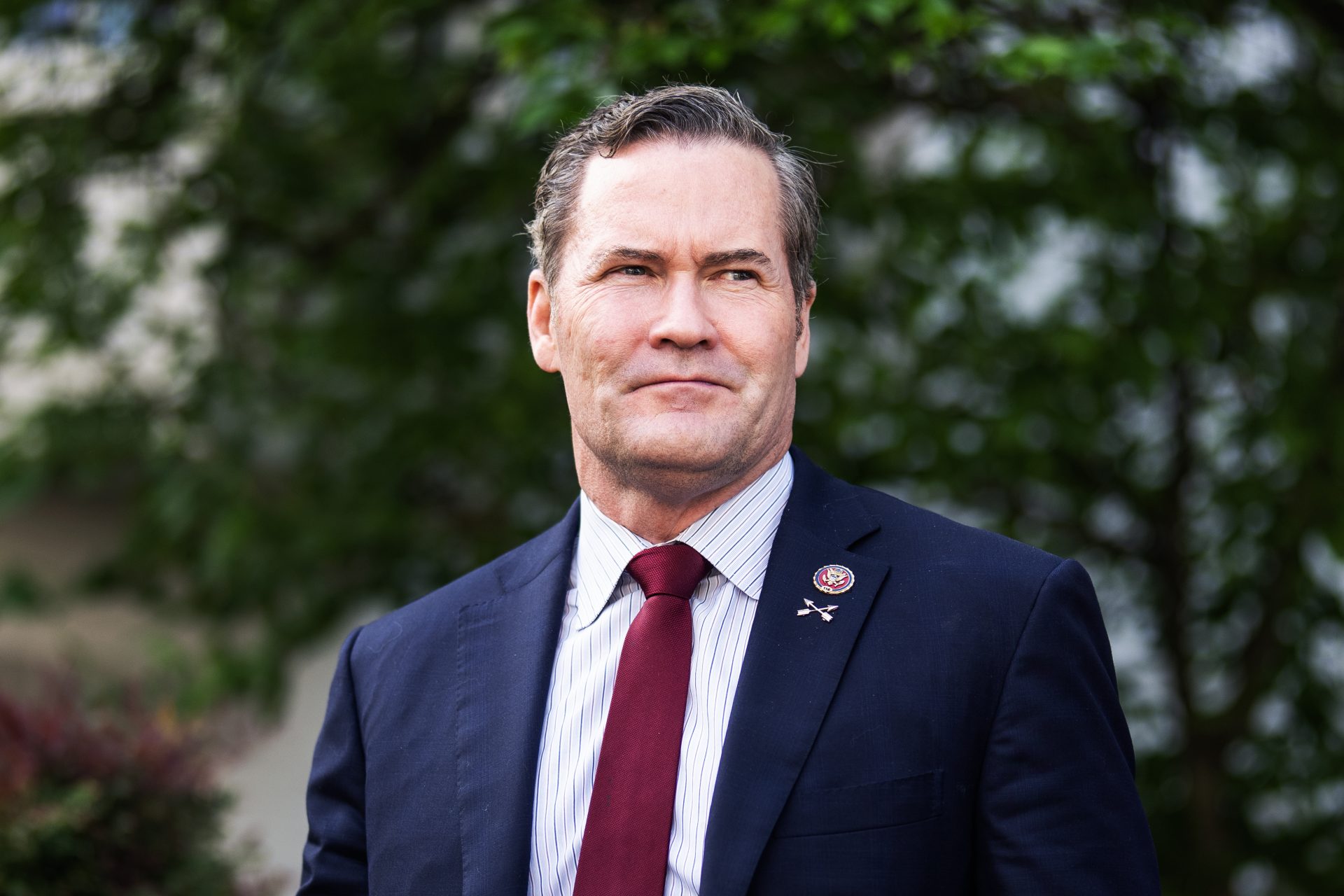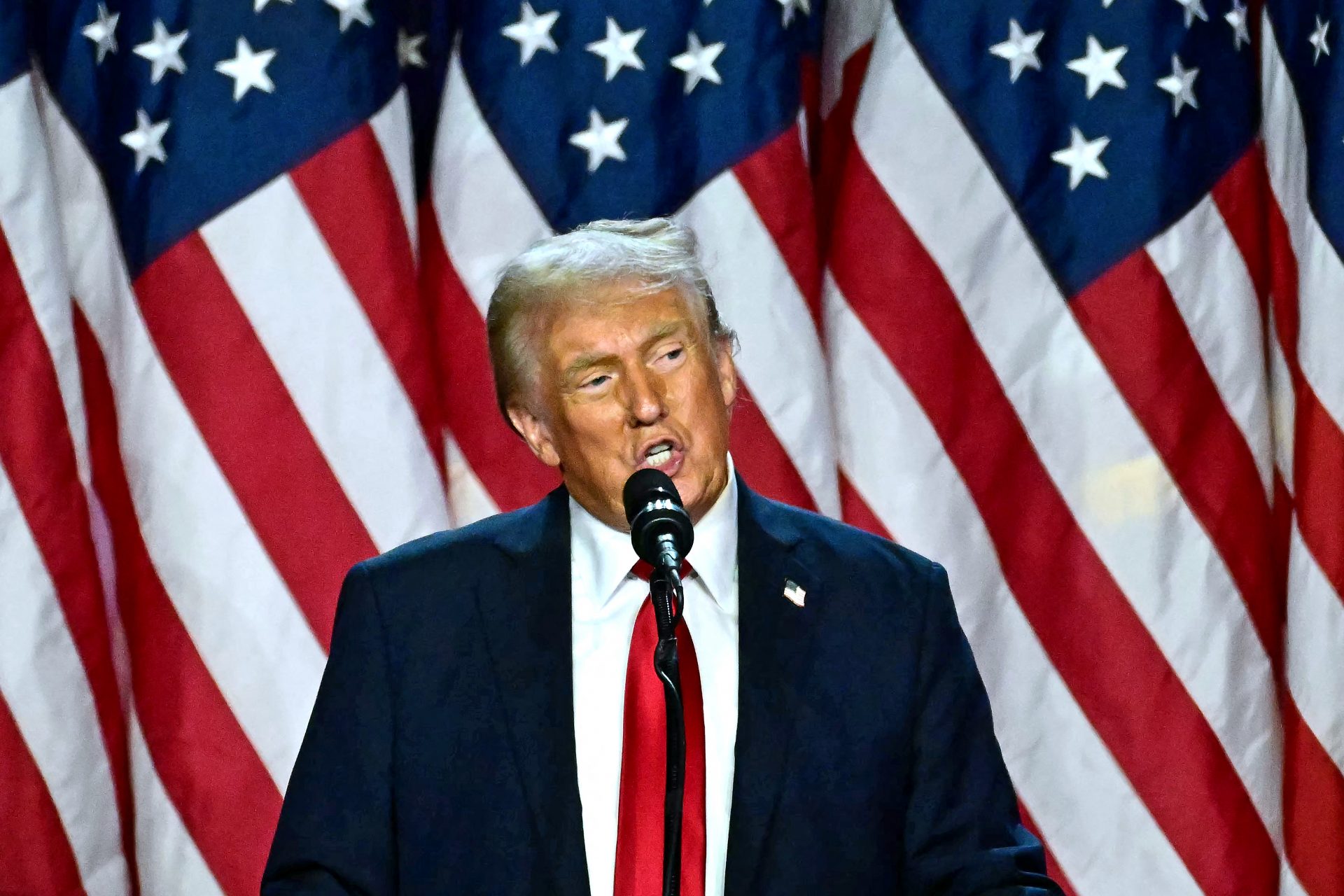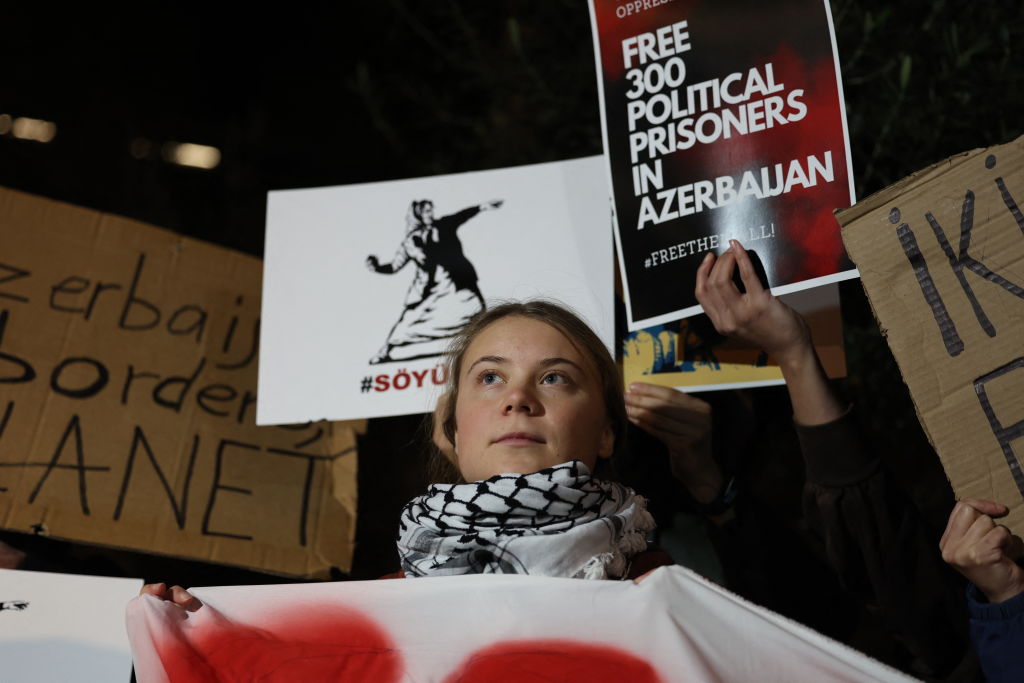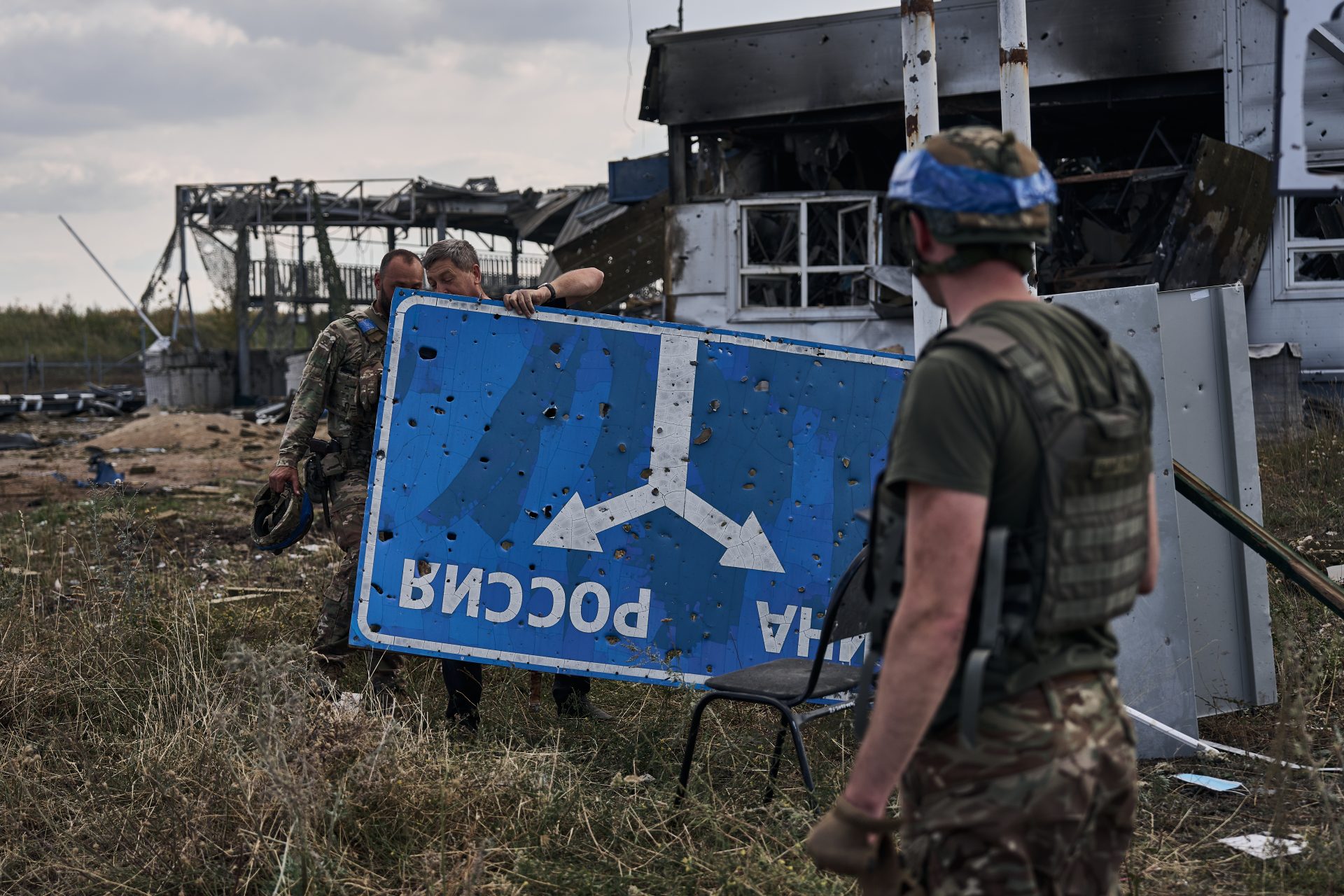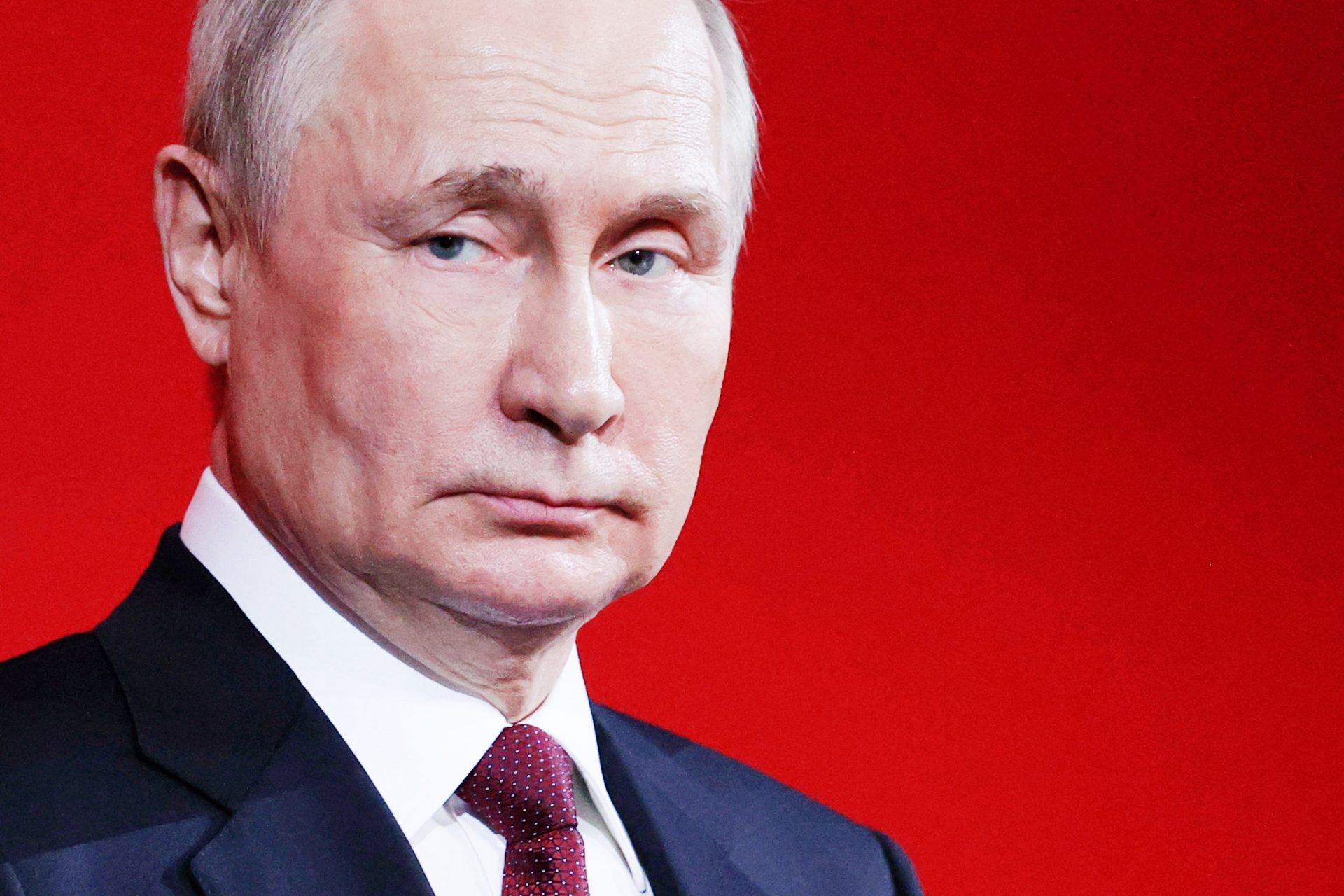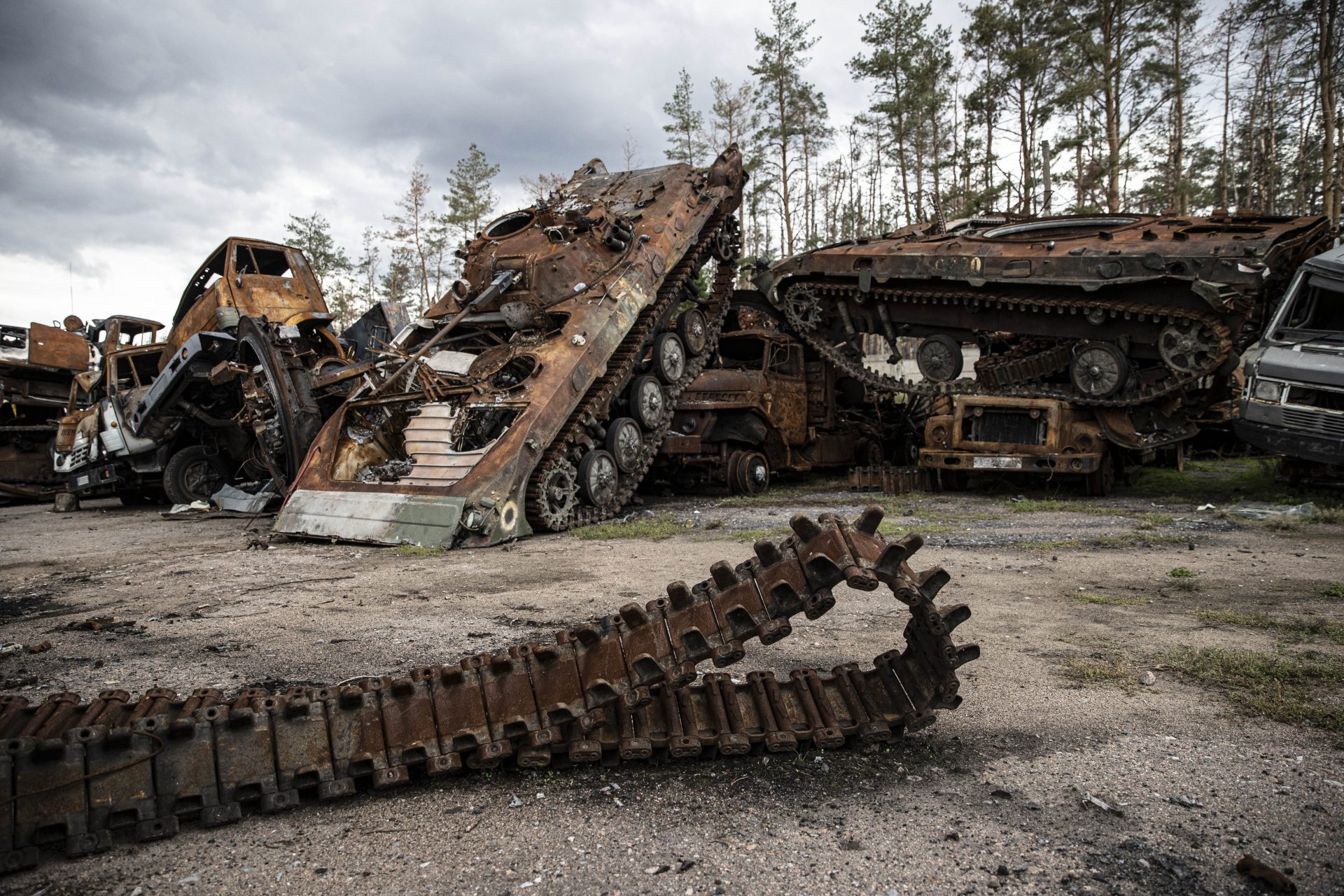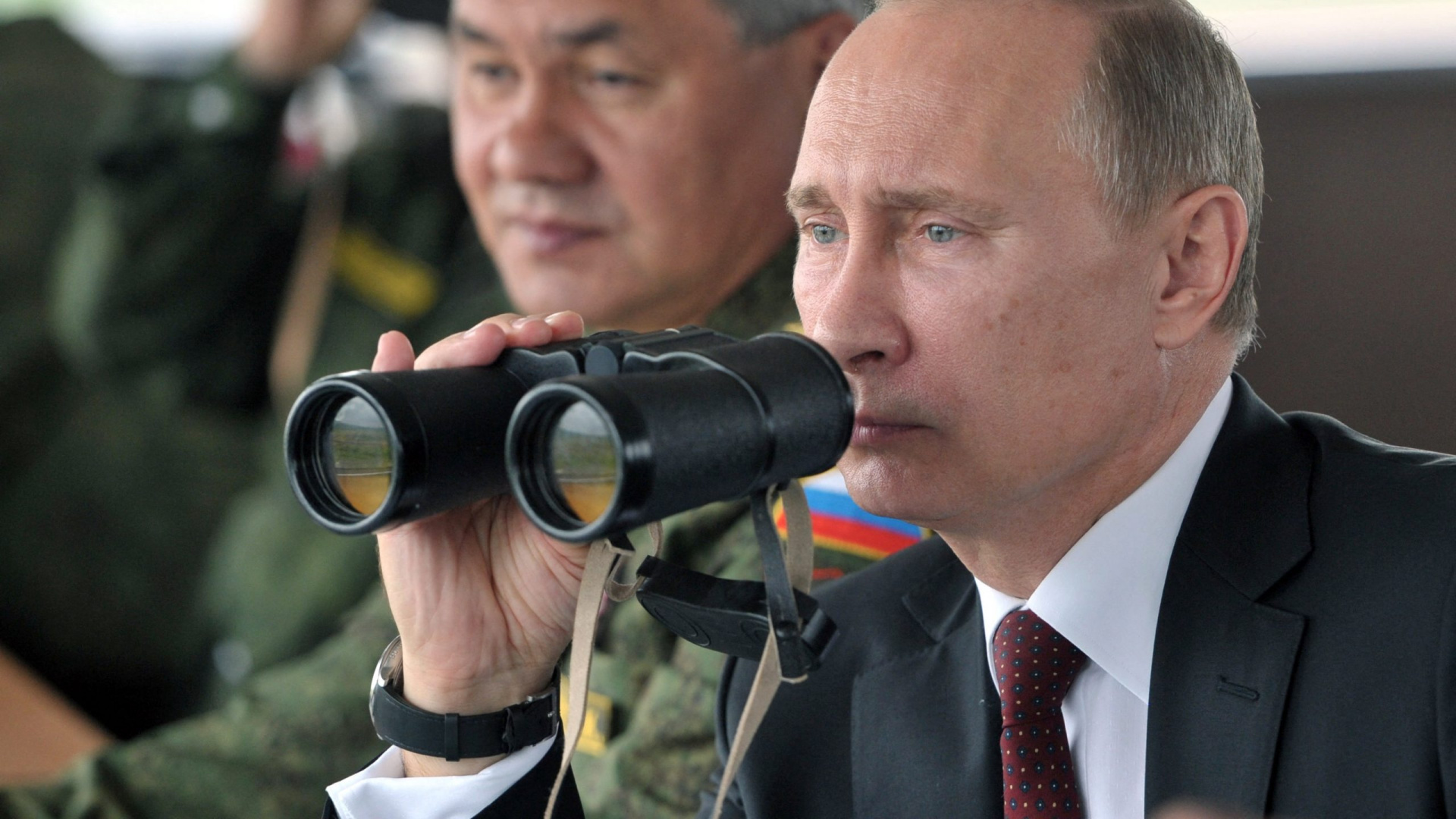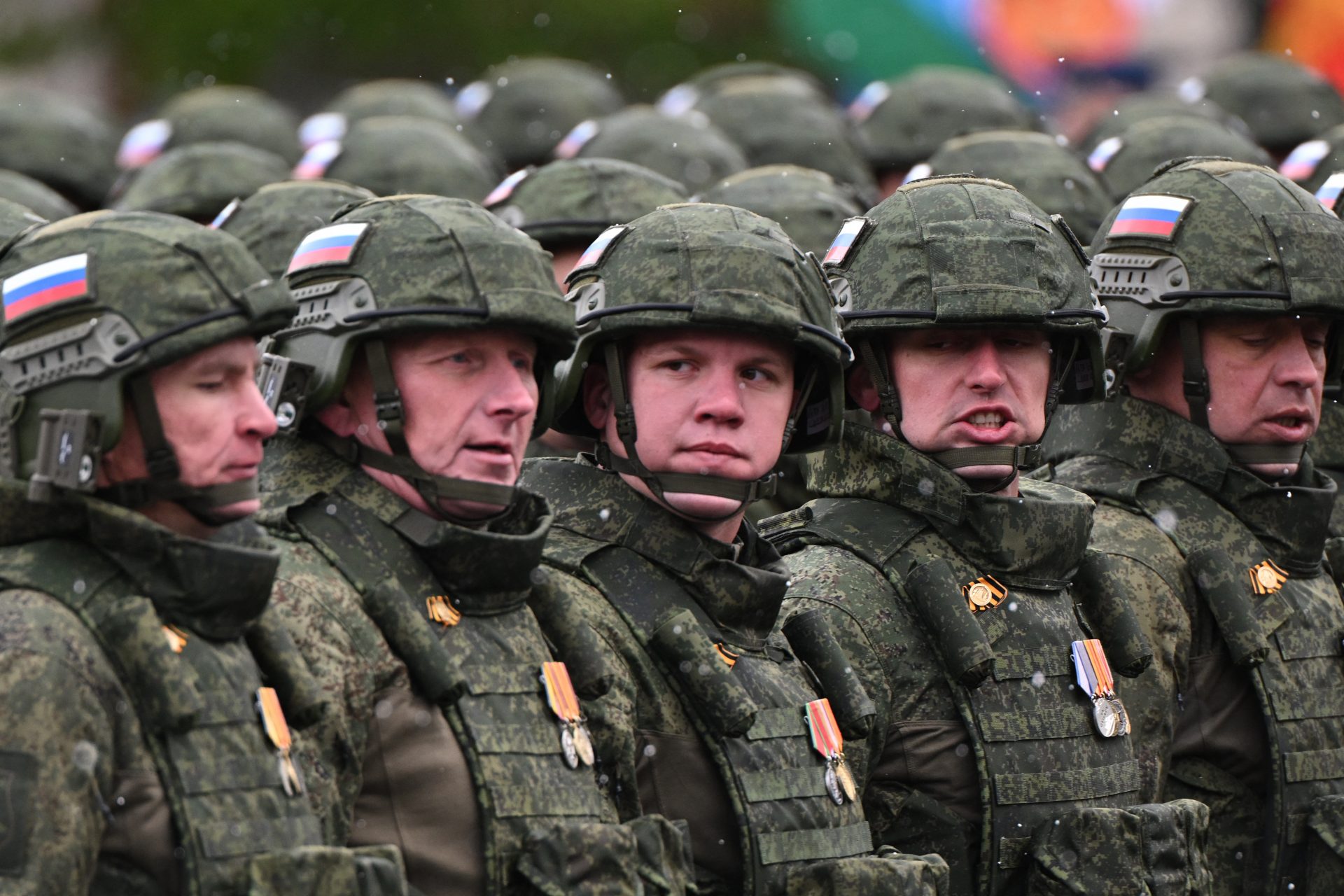How Germany escaped a gas crisis after Russian supplies plummeted
After months of skyrocketing gas prices and shrinking supply, German leaders were able to breathe a sigh of relief. Economic crises would be avoided in Europe's most gas-hungry state and the German economy would not fall into total economic crises. But why was a crisis predicted?
"We are in a gas crisis," said German Economic Affairs Minister Robert Habeck at a special press conference earlier this year. "There is a gas supply failure, so this step [of declaring the gas crisis] is necessary."
"From now on, gas is a scarce resource. Prices are already high and we have to brace ourselves for more increases."
According to the German Tagesschau, Russia had been supplying 40% less gas via the Nord Stream 1 pipeline for around the time German leaders began worrying about a coming crisis and there was also maintenance scheduled for July 11, two problems that had authorities increasingly concerned that Russia would close the tap entirely.
"The restraining of the gas supply is an economic attack on us," Habeck said at that time. Russian President Vladimir Putin's strategy was to create uncertainty, drive up prices and divide Germany's economy seed society.
Things went wrong in Germany though. "It's the failures of the past decade that have put us in these problems," Habeck said. The country had become far too dependent on Russian gas.
Since the beginning of the war in Ukraine, the German government, led by Habeck, had been looking all over the world for alternative sources and forms of energy.
In the photo: Robert Habeck during talks in Jordan.
Habeck called on industries, public institutions, and private consumers to do as much as possible to reduce their gas consumption. "We must now take precautions to be prepared for winter," he said at the press conference in Berlin.
The so-called 'Gas Emergency Plan' regulated the gas supply in Germany in crisis situations. It had three escalation levels: the early warning level (proclaimed by Habeck at the end of March), the alarm level (current), and the emergency level.
The emergency level occurred when there was an "excessively high demand for gas, a significant disruption to the gas supply, or any other significant deterioration in the supply situation."
In the photo: Uniper gas storage.
In the event of an 'emergency level', the state would intervene in the distribution of gas supplies. That meant Berlin decided who got gas and how much.
The industrial sector was the first to get cut. According to the German outlet T-online, industrial plants were responsible for more than a third of the total gas consumption in Germany.
In the photo: BASF in Ludwigshafen
Consumption was particularly high in the chemical industry so the government held talks "in preparation for the crisis with industry and the energy sector," T-online reported.
According to the Federal Network Agency, private households, fire departments, the police, hospitals, schools, nurseries, prisons, and the armed forces were among the so-called "protected" customers that were given priority in the event of an acute gas shortage.
"The apartment stays warm, the swimming pool is closed." This is how Klaus Müller, chairman of the Federal Network Agency, sumed it up.
Companies with a consumption of up to 1.5 million kilowatt-hours of gas per year need not worry, Müller told the Frankfurter Allgemeine Zeitung. These were, for example, bakeries and supermarkets.
A price adjustment clause was added to the German Energy Security Act in May. Under that arrangement, suppliers were allowed to pass on their high purchase prices to their customers in the event of reduced gas imports.
"All energy supply companies affected in the supply chain (have) the right to adjust their gas prices at an appropriate level to their customers," said paragraph 24 of the law. This means that the gas bill for consumers had the potential to rise considerably.
According to Tagesschau, the alarm level declared by the government at the time was a way for Berlin to open up conversations about an already existing plan to run more coal-fired power stations. The government had been toying with the idea of using coal to reduce gas dependence in the electricity sector for some time now.
Ultimately, Germany did turn back to some coal use as the energy crisis deepened in September. But the country as a whole reduced its gas consumption drastically with German industry curbing their demand by at least 1/5th according to a working paper from researchers at the Berlin-based Hertie School's Centre for Sustainability.
Germany, along with several other Europe countries, was able to fill its reserves to 95% full by mid-November because of the emergency measures taken by the government and the country's storage facilities have just reached their full capacity according to Grid news. With a little help from some unseasonably warm weather, Germany has been able to weather the storm and has avoided its predicted gas crisis. Though only time will tell if they can keep a crisis at bay.
More for you
Top Stories
























